In ancient Greek culture, joy was defined as the happiness that one feels as they move toward their potential. Psychology comes from two Greek words -1) psyche, which is translated into English as soul or life, and 2) logia, or "the study of." Coaching is a professional practice that applies the study of positive psychology to human lives in an effort to increase well-being in a manner that impacts the fulfillment and flourishing of both the client and the coach. Positive psychology is a specific field of psychological studies that operates on a unique set of assets-based assumptions.
As a scholar and practitioner in the field of positive psychology, when looking at a human soul - a human life, my study of it first assumes that that soul is good - creative, resourceful, whole and relational, that it is blessed - uniquely valuable, that it's experience and potential is far beyond my own understanding - worthy of being championed, that it is conscious, determined, and imaginative - capable of solving complex problems, and that it is naturally free, full of agency, and interconnected - ready to live at choice. These assumptions do not preclude the truth of suffering, pain, harmful expression, incompetence, illness or injustice. Rather, they help us make sense of those things from a place that empowers human dignity and equips us for a generative and transformative approach to changing the things that need to be changed in our world.
It's not a light, fluffy, or woo-woo! It is a deep, interdimensional study of the human soul that provides hope. The field of positive psychology is predicting that we are 3-5 years away from a CURE for depression! Not just cyclical treatment options, a cure. We now know that you can heal inflammation in your genetic code that leads to disease with eudamonic well-being practices.
It turns out that the joy that we feel as we move toward our potential is incredibly important for our flourishing as human souls! And a piece of that flourishing is positive emotion.
Essentially, it is very important that you are happy...eudaimonically! (See the Skill Refresh for the difference between pleasure/hedonic happiness and joy/eudaimonic happiness.)
Growing in optimism is necessary for our survival, our healing, and our growth. This does not mean ignoring suffering or acting like it does not exists. It means being fully aware and engaged with the suffering that exists within ourselves and within the world and practicing a response that expresses authentic gratitude, positive reminiscence (a redemptive script of memories that grants you agency over your own life, rather than a painful rehearsal), and purposefully engaging our senses in environments and activities that make us smile and laugh.
Here are a few reflection questions and an affirmation to guide you in your further exploration and action around positive emotion.
Reflection Questions:
Who are the top five people in my life that I am most grateful for?
Have I adequately expressed my gratitude to them for their impact on my life?
What environments or activities make me smile?
How can I creatively engage in those environments and activities regularly?
Affirmation: I am full of joy and gratitude. I see my soul's potential and move toward it with gentleness and compassion.

